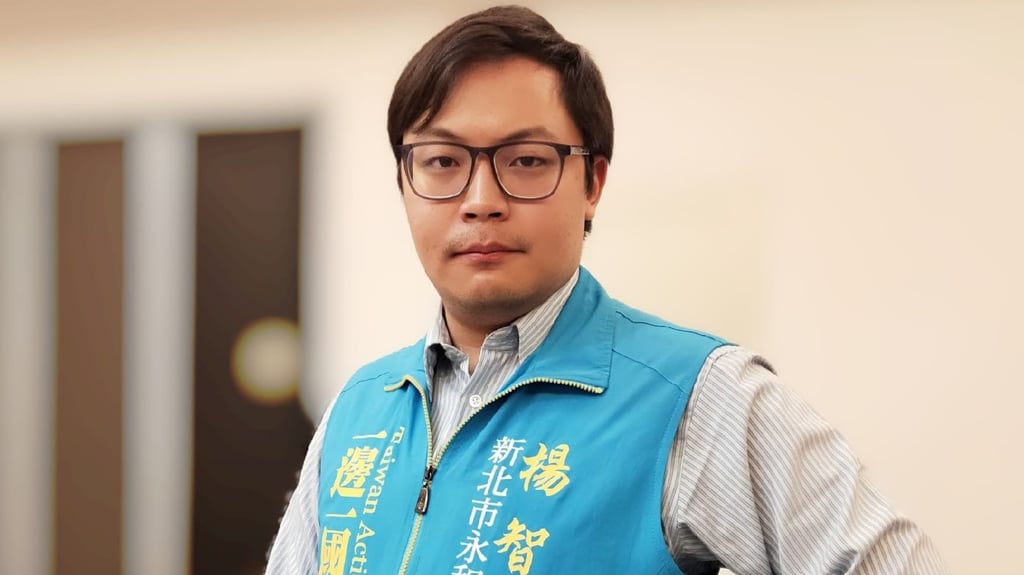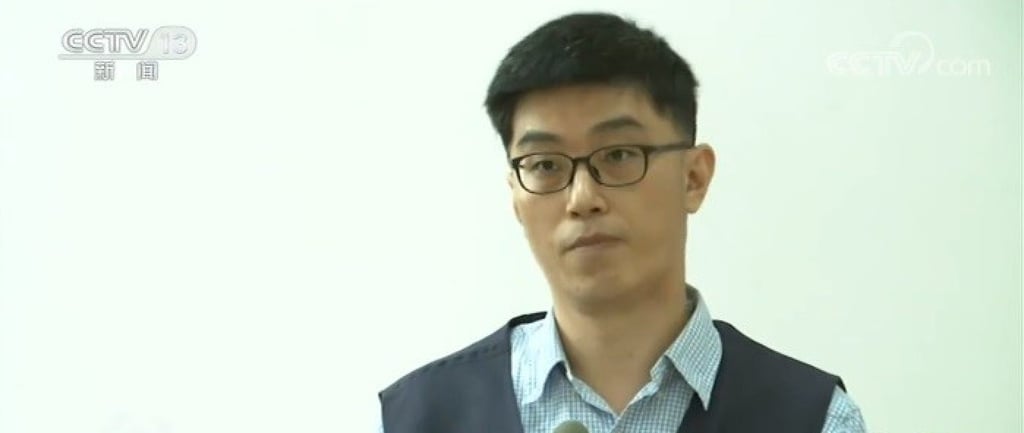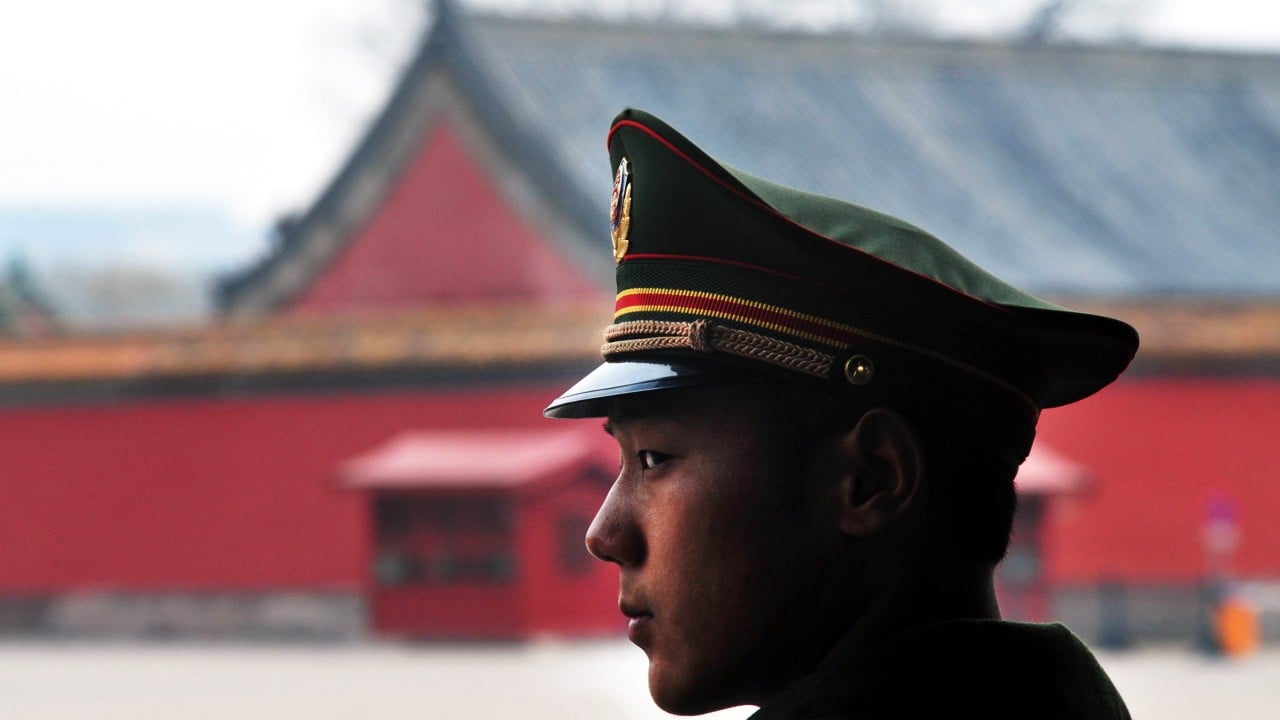Beijing’s top spy agency says it has uncovered more than 1,000 cases of Taiwanese espionage during a crackdown and vowed to keep up the pressure on the island’s pro-independence forces.
In a post on WeChat on Tuesday, the Ministry of State Security said the cases were revealed in a series of special operations launched in recent years and that it had continued to “strike hard” against spying activities.
It said the cases involved espionage and the theft of state secrets, and it had destroyed “a large number of spy intelligence networks” set up by Taiwanese in mainland China.
“[We have] severely punished spies who carried out intelligence theft, infiltration and sabotage activities, in accordance with the law, effectively safeguarding the security of our country’s core secrets,” the ministry said in the post.
It made specific mention of the arrest of Taiwanese political activist Yang Chih-yuan, which it called “an innovation in the law enforcement and judicial practice” of holding Taiwan independence elements criminally responsible for their suspected acts of secession.

The ministry accused Yang of being a “Taiwan independence” leader and said his arrest had “dealt a heavy blow and become a strong deterrent” to pro-independence separatist forces.
Yang was detained in August 2022 in the mainland Chinese city of Wenzhou, Zhejiang province on suspicion of engaging in “separatist activities” and endangering national security. His case was handed over to prosecutors in April 2023, when Beijing said he would face secession charges.
The case – which came at a time of heightened geopolitical tensions around the self-ruled island – marks the first time a person from Taiwan will face a mainland Chinese court on charges of secession.
There have, however, been several cases in recent years where Taiwanese have been jailed on the mainland for alleged activities that harmed national security.
Taiwanese researcher Cheng Yu-chin was sentenced to seven years in prison on espionage-related charges in 2022. Cheng was previously an assistant to former Taiwanese cabinet secretary general Cho Jung-tai, who is now the island’s premier.
Lee Ming-che, another Taiwanese activist, served a five-year sentence in a mainland jail on subversion charges before being released in 2022.
And Taiwanese businessman Lee Meng-chu was arrested in 2019 after taking photos of paramilitary armed police in Shenzhen, and later jailed for spying and stealing state secrets. He was released from prison in 2021, but a two-year “deprivation of political rights” and Covid-19 travel restrictions meant he could not leave mainland China until July 2023.

In Tuesday’s WeChat post, the state security ministry pledged to “resolutely” fight against Taiwan-related separatism and espionage and to “pulverise” any attempt to pursue Taiwan independence.
It also hit out at the island’s ruling Democratic Progressive Party authorities for selling out “the fundamental interests and long-term well-being” of Taiwan.
The ministry said they were “doomed to a dead end, and those who insist on working for them will be buried with them and crushed to pieces under the wheel of history”.
It also said it had countered external interference on Taiwan, without elaborating.
“[We have] promptly thwarted the provocative plots of Taiwan independence separatists and external forces, effectively countering the intervention of foreign countries in the Taiwan Strait situation and meddling in the Taiwan issue,” the ministry said in the post.
Since taking office on May 20, Taiwanese leader William Lai Ching-te – labelled by Beijing as a “separatist” who would bring war to the Taiwan Strait – has been facing pressure from the mainland on multiple fronts.
Beijing regards the island as part of its territory to eventually be brought under mainland control, by force if necessary. Most countries, including the US, do not recognise Taiwan as an independent state but oppose any unilateral change to the status quo.


